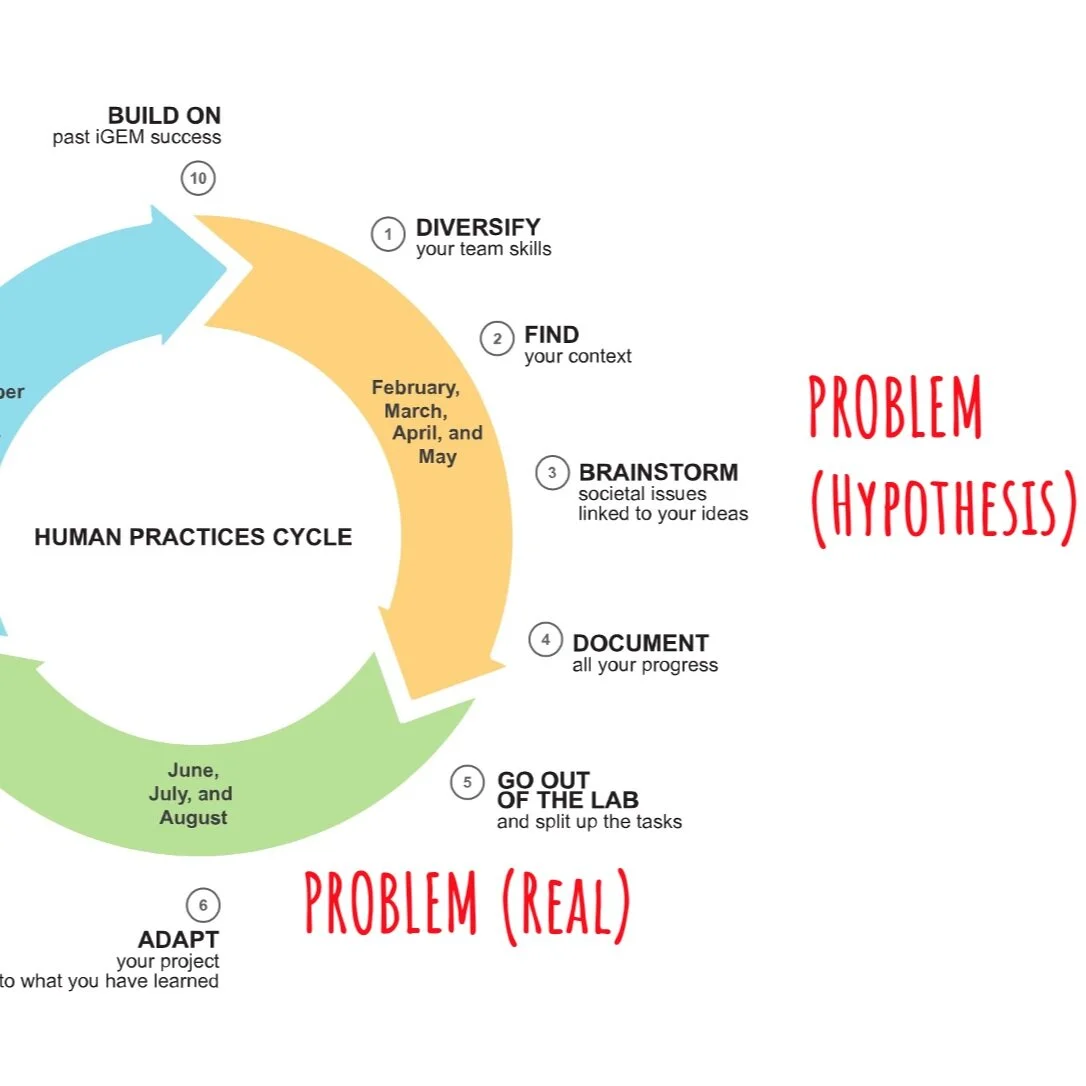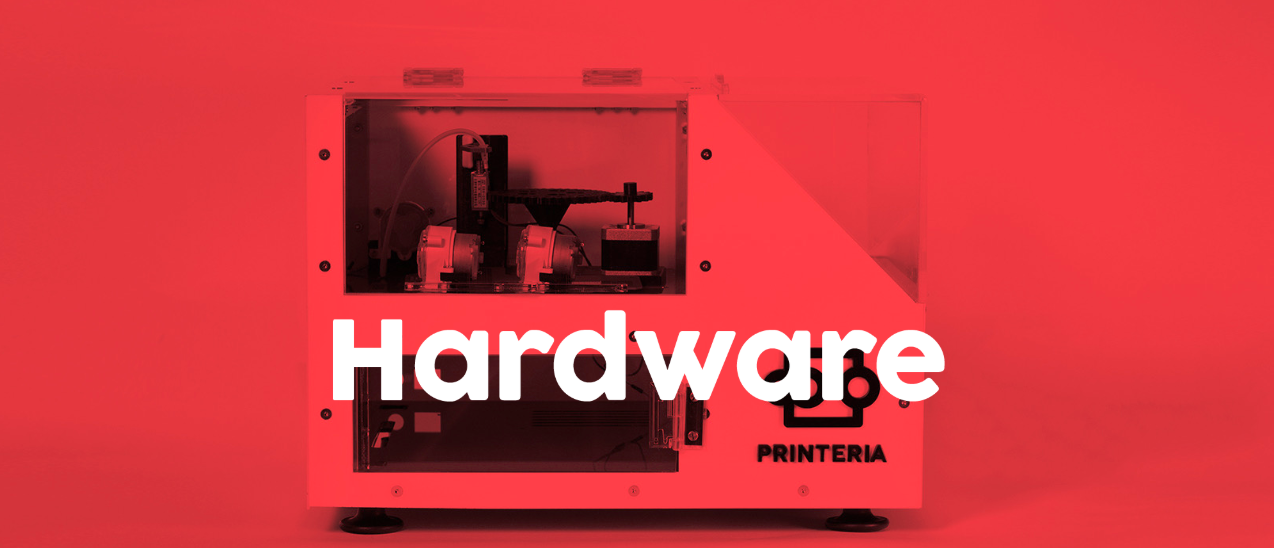All tagged Human Practices
Synthetic biology has unveiled a world of potential for improving the society around us. In recent years, genetic engineering tools have enabled the development of low-cost diagnostics platforms, personalized medicines, and environmentally-friendly chemical manufacturing processes. However, it is not always straightforward to know what societal problems to tackle or how to tackle them.
If you want to solve a real-world problem using synthetic biology, you can’t just study microbes. At some point, you’ll need to study people―their diverse values, opinions, and priorities―too. In addition to the basic requirement of “don’t break the rules or the law” set out in our human subjects research policy, it’s important for your team to take some time to think about how to treat every person participating in your research with respect.
You are probably familiar with Mary Shelley’s novel, Frankenstein, the archetypal cautionary tale for science experiments that are not responsible or good for the world. Did you know that Mary Shelley conceived of the idea when she was 18 years old and forced inside all summer with a small circle of family and friends?
Although surveys may seem simple and straightforward, they are often challenging to execute well. Surveys are a form of experiment, and like any experiment, they can be designed and implemented poorly.
What is required of us in the social sciences, as in natural sciences, is to not just take someone’s word but instead analyze and evaluate the data that is presented so as to form our own judgement. This is the essence of critical thinking.
The iGEM competition should be a challenging, fun, and rewarding experience. But like all science and engineering, every iGEM project has some potential to cause harm. And so iGEM has a number of policies in place, as well as dedicated committees, to help teams do the best science and engineering possible – maximizing benefits for the world while at the same time minimizing any chance of harm.
It feels especially important, right now, to think about how to be a responsible synthetic biologist, the sort who deserves the trust of these friends and family members.
by Tessa Alexanian on behalf of the Human Practices Committee









